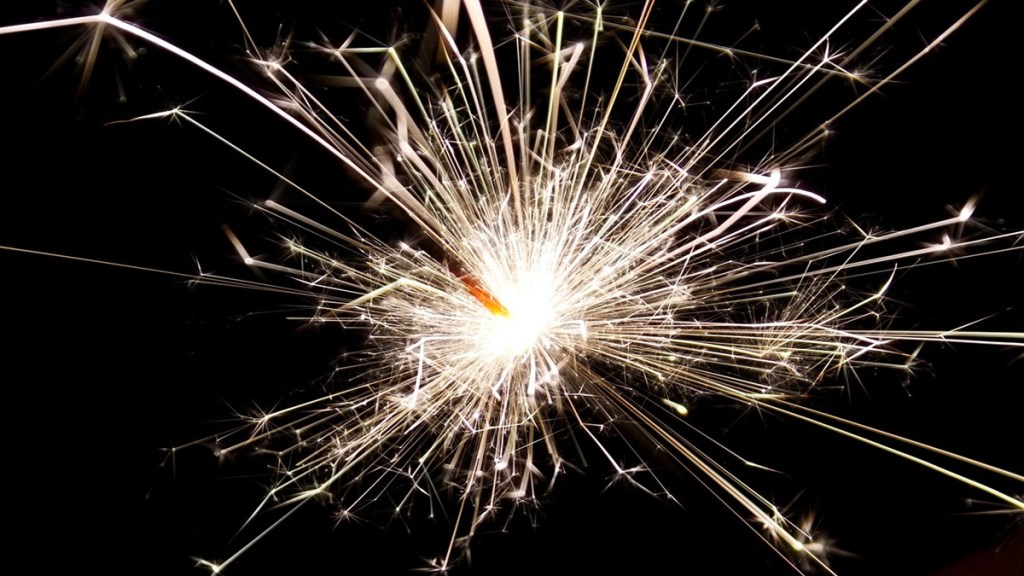Diwali 2024: Diwali, the festival of Lights, is finally here. Undoutedly, it is one of India’s most celebrated festivals, symbolizing the victory of light over darkness and good over evil. Homes are illuminated with lamps, firecrackers light up the sky, and families come together to celebrate with sweets and joy.
The smoke from Diwali firecrackers contains high concentrations of particulate matter (PM2.5 and PM10) as well as gases, which include sulfur dioxide, nitrogen oxides, and carbon monoxide, harmful to lung health.
According to Dr. Nikunj Chauhan, Consultant – Surgical Oncology, Sterling Ram Krishna Speciality Hospital, Gandhidham, these particles can penetrate deep into the lines of the lungs, while studies have drawn connections between them and various diseases, including lung cancer.
“Repeated or longer exposure to such contaminants can be harmful, especially to individuals suffering from asthma, COPD, or other diseases of the lungs; this may result in erosions of lung tissue leading to respiratory illnesses. To protect from this risk individuals should start taking precautionary measures before the week of the Diwali. While inhaled corticosteroids may help to reduce inflammation within the lungs for Diwali-associated respiratory inflammation, they must only be used under medical supervision,” Dr. Chauhan told Financial Express.com.
If advised by a healthcare provider, bronchodilators, which help in keeping the airways open, can make breathing easier during high pollution peaks. Moreover, N95 masks successfully filter PM2.5 and offer a significant reduction in the inhalation of pollutants.
Dr. Chauhan also said that breathing exercises, for instance, diaphragmatic breathing, have the potential to increase lung capacity and develop lung function, thereby possibly playing an active role against pollution in the future.
“Inhalation of steam cleans the airways from pollutants, especially on high-smoke days. Staying hydrated can help keep mucous membranes moist, supporting pollutant clearance from the lungs. Foods rich in fruits, vegetables, and omega-3 fatty acids (that come from fish, flaxseed, and walnuts) battle against inflammation,” he said.
When combined, these preventative measures can reduce the risk of pollution-induced lung cancer risk, thereby ensuring lung health during Diwali, he added.

